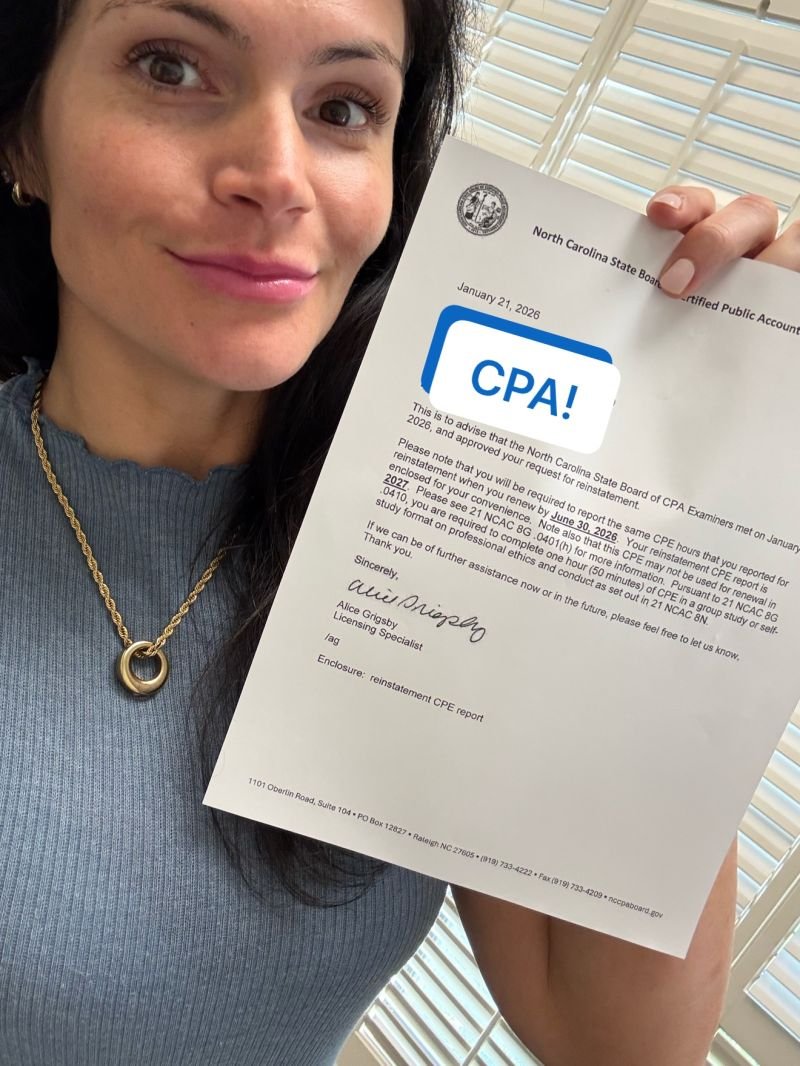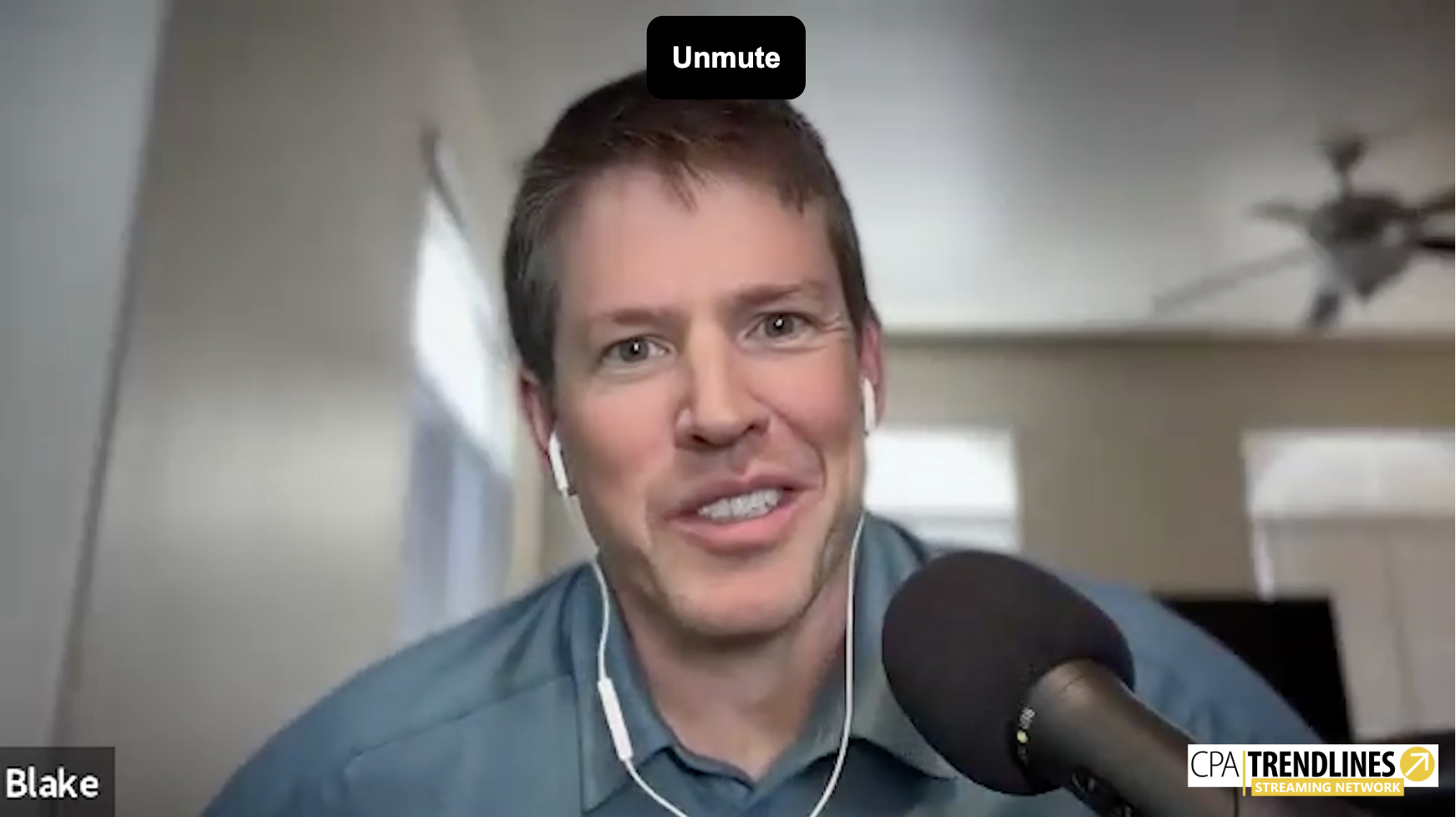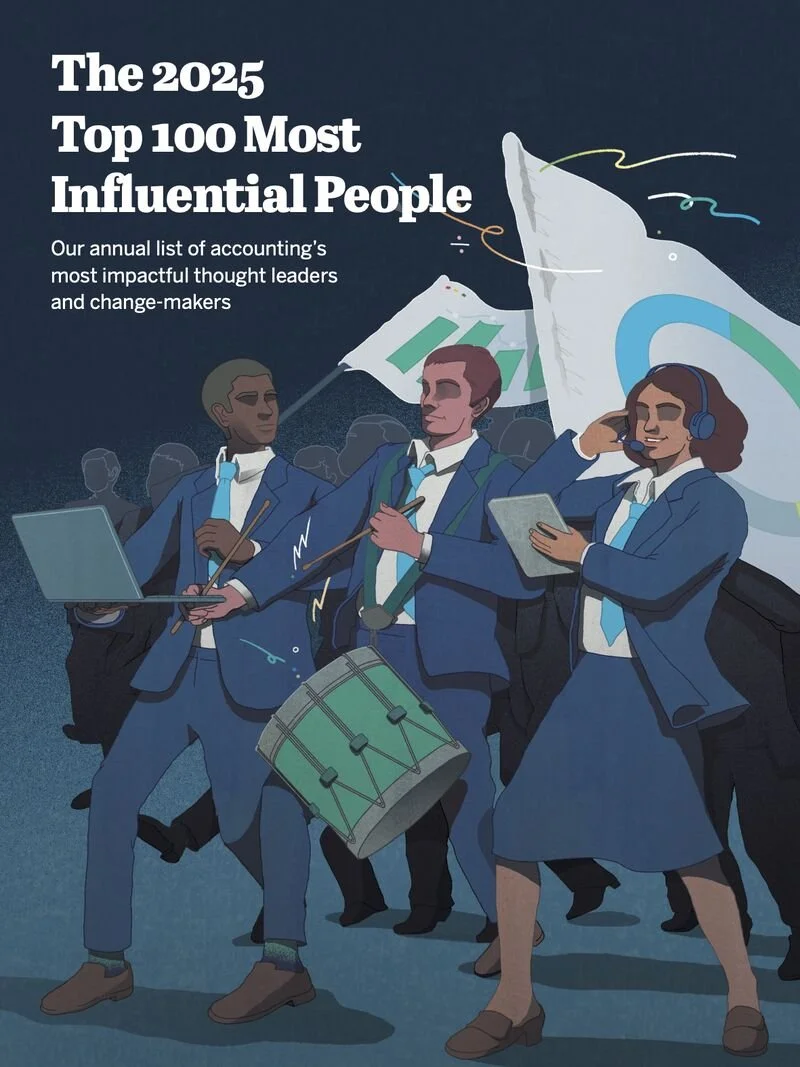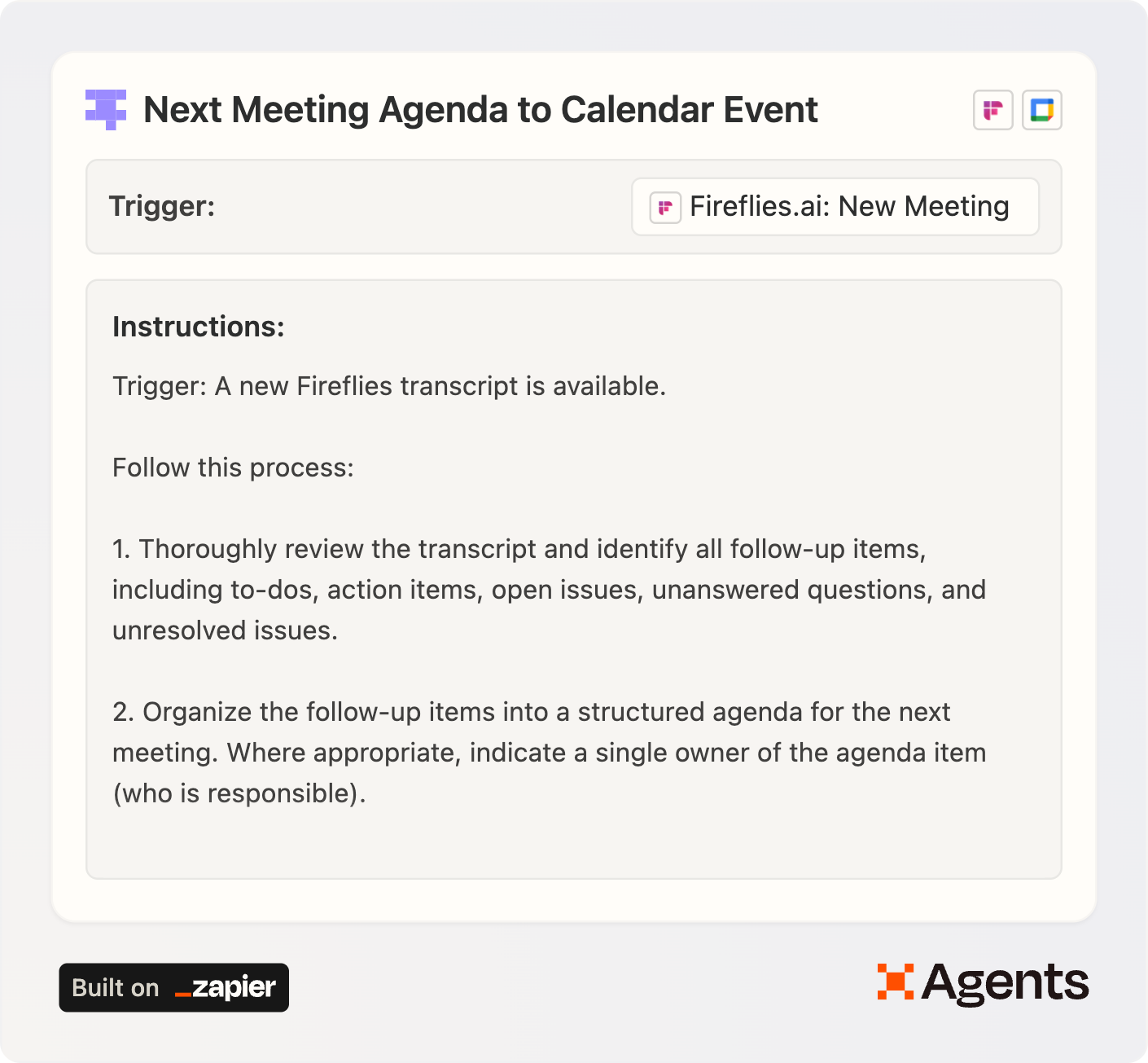Recent Articles
What you can expect to receive:
One of the underappreciated drivers of the CPA shortage is how hard we’ve made it to stay a CPA.
84% of Americans are worried the national debt will hurt future generations' economic opportunities. That’s according to a Harris Poll conducted on behalf of the AICPA. But here's the thing: right now there's no requirement for anyone to actually present the government's audited financial statements to Congress. A new bipartisan bill would change that.
The Department of Education wants to strip accounting of its professional degree status. This would slash federal loan limits for accounting students from $50,000 to $20,500 per year, starting in 2026. On episode 464 of The Accounting Podcast, David and I dug into this proposal.
You want an accounting firm that can run without you. The problem is that the traditional firm model makes it impossible. Hourly billing ties revenue to hours. Hours drive compensation. Partners become bottlenecks. And “growth” just means more work. I joined Liz Farr on her podcast to talk about how modern firms are breaking that loop.
Honored to share that I've been chosen for Accounting Today’s 2025 Top 100 Most Influential People in Accounting list.
I’m teaming up with Rightworks Community for a live fireside chat, “Fireside Chat with Blake Oliver: Rewiring CPE—Tech, Learning & the Power of Community.” We’ll dig into how modern tools and communities are reshaping how accountants learn, and how your firm can turn CPE into a real advantage.
Forward bills by email and let an AI agent create draft bills in Xero—lines coded, tax allocated, PDF attached. Free template included.
Join me this fall on the Advisory Amplified Tour — a six‑city, one‑day accounting roadshow featuring hands‑on sessions and a live recording of The Accounting Podcast at every stop.
Meetings should follow through on themselves. So I built an AI agent that turns your meeting transcript into the agenda for the next meeting—then adds it to your calendar (or emails you a reminder to schedule it).
Middle managers are the most likely to quit accounting firms. In Episode 447 of The Accounting Podcast, we explore the ‘Satisfaction Smile,’ rising wages with fewer jobs, how one college is reinventing accounting education with AI and internships, and more.
Congress holds accounting rules hostage while AI cracks bank voice authentication. Plus: Why accounting degrees beat most majors with 261% ROI. This and more in Episode 446 of The Accounting Podcast.











What should you tell clients when tariffs increase and hiring slows? Blake Oliver discusses with Gusto senior economist Nicholas Tremper the effects on small businesses of high tariffs, reduced job growth, and a tighter labor market influenced by immigration policy.